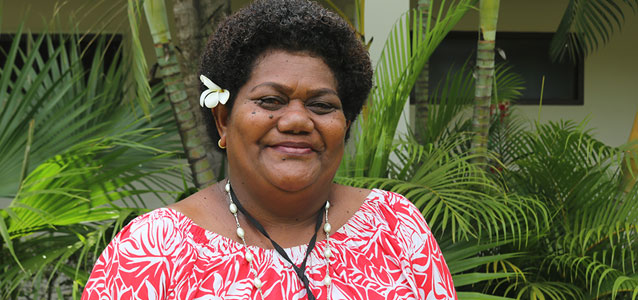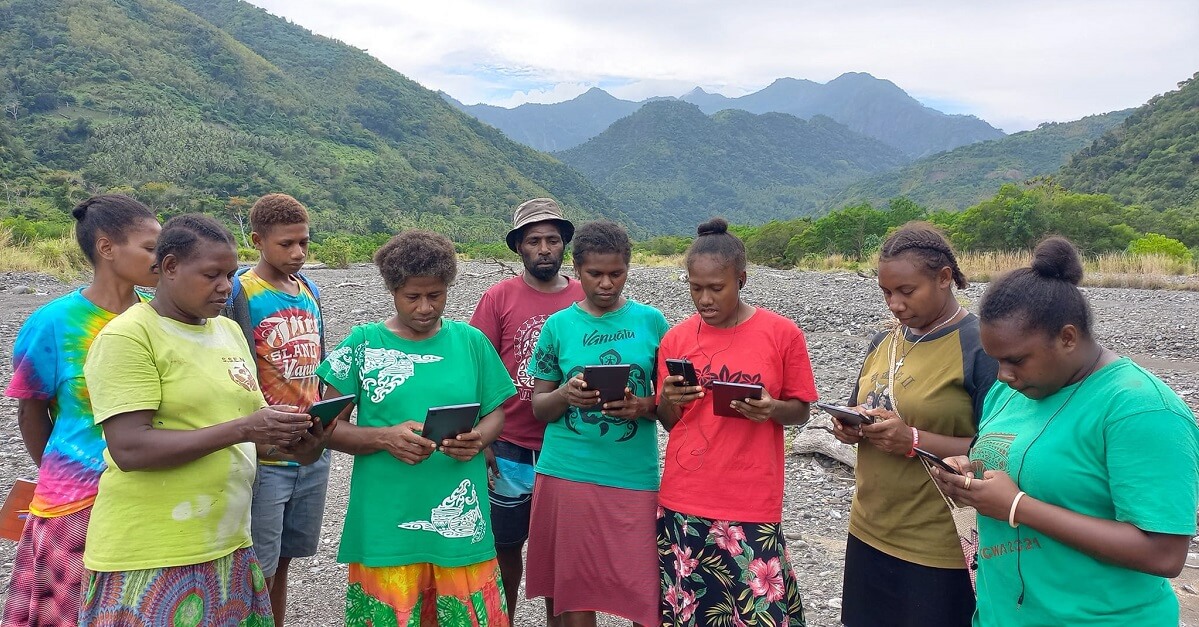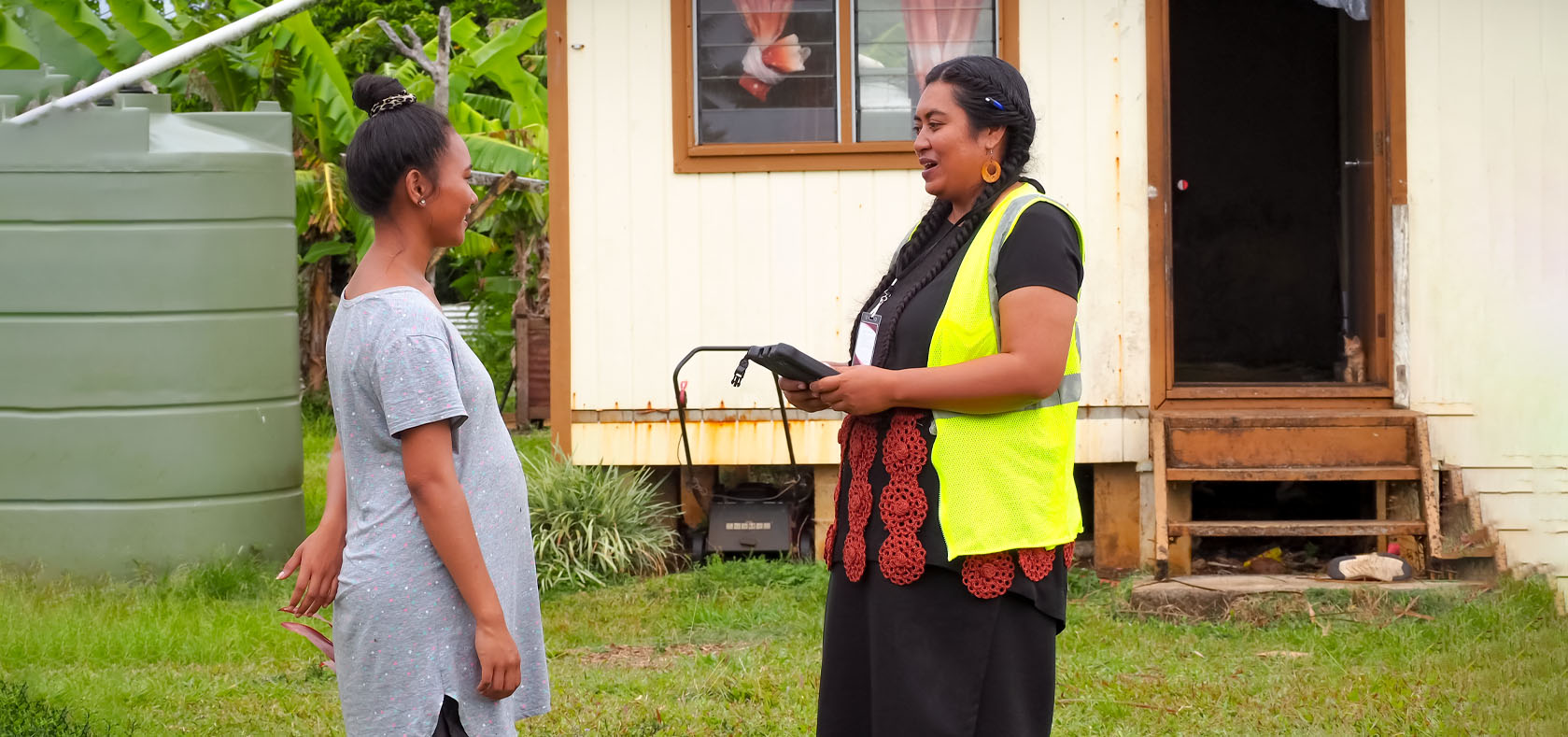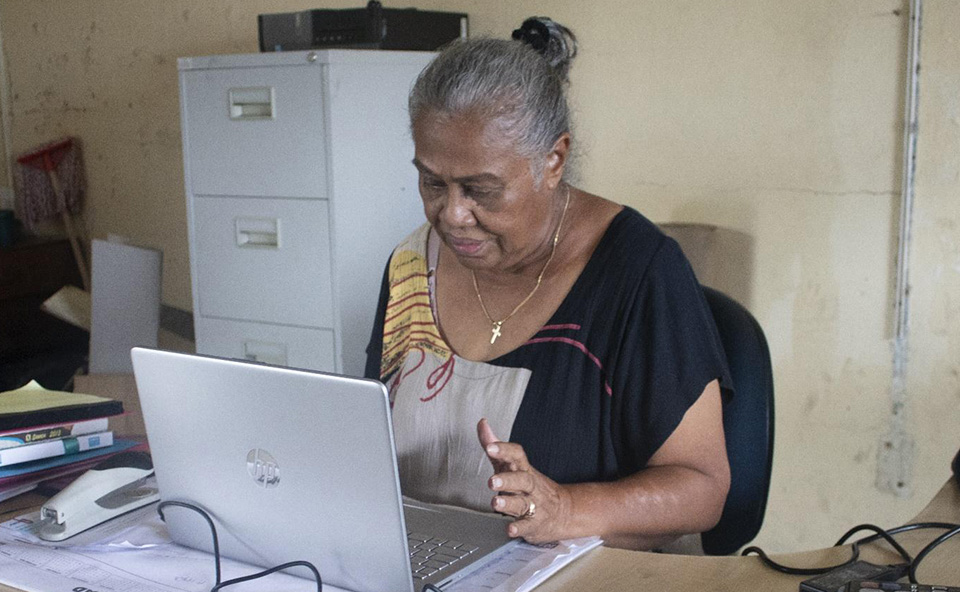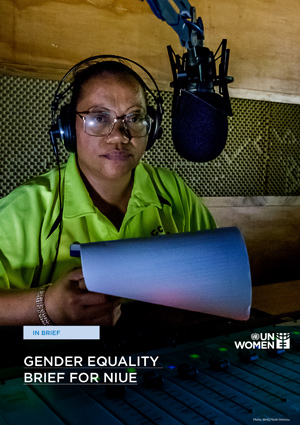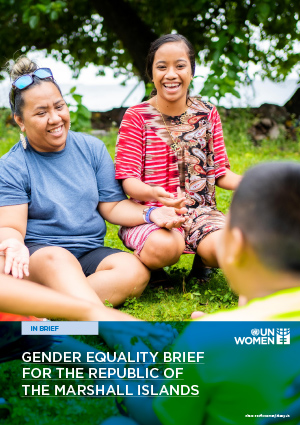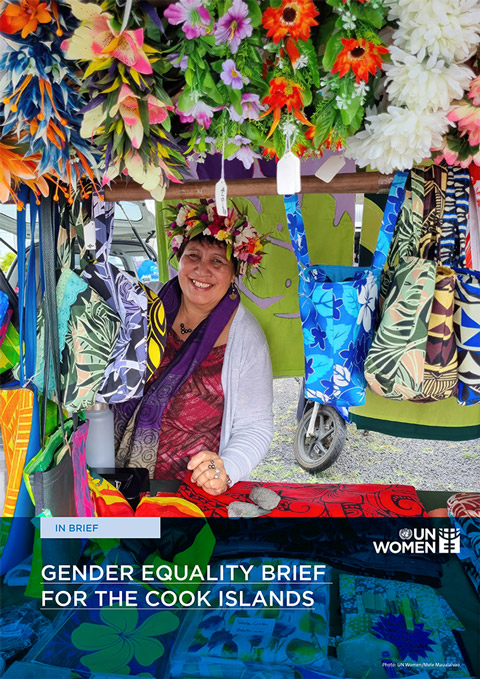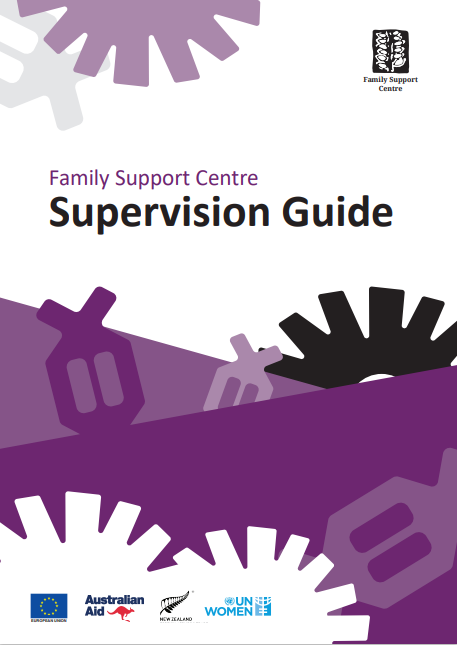
UN Women in the Pacific
UN Women’s Pacific Office (MCO) works with governments and civil society organisations across 14 Pacific Island countries and territories to address gender inequality, empower women and build more inclusive societies.
Over the last 10 years, Pacific Island countries have taken significant strides towards committing to the protection and promotion of human rights. Despite this, discrimination against women and gender inequality are widely known as the most pervasive and prevalent human rights violations in the Pacific. There remains much work ahead.
While women are increasingly active in the business sector, they are still overrepresented in the informal sector, more likely to be in low wage or unpaid family employment and are more likely to be affected by an economic crisis, as well as climate and health emergencies. The Pacific still has the lowest global percentages of women in leadership roles including the world’s lowest overall average of women in parliament.
And although women are now more protected by domestic violence laws passed across the region, the Pacific still has twice the global average of violence against women. When increasing severe natural disasters strike, women face higher risks of violence and illness, and decreased access to critical services like healthcare, shelter, and food. The issues that women face in the Pacific are complex and often compounding, and UN Women works to address these interlinking issues through four programme areas:
- Governance and Participation in Public Life (GPPL)
- Women’s Economic Empowerment (WEE)
- Ending Violence Against Women and Girls (EVAWG)
- Peace, Security, Humanitarian, and Resilience (PSHR)
The UN Women Pacific Office covers Fiji, Solomon Islands, The Republic of Marshall Islands, Palau, Kiribati, Samoa, Tuvalu, Tonga, Vanuatu, Federated States of Micronesia, Nauru, Tokelau, Niue, Cook Islands with presence in Kiribati, Samoa, Solomon Islands, Tonga and Vanuatu.
News and Updates
